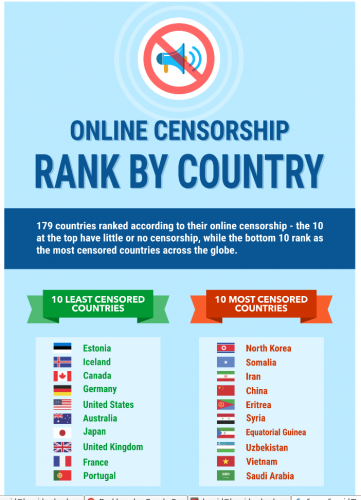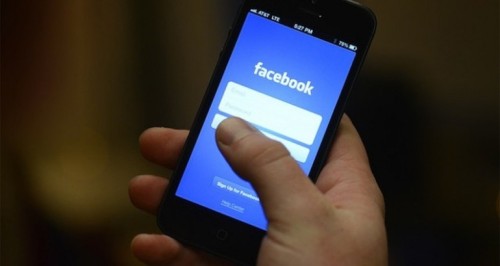TheBestVPN.com published a study of whether or not VPNs are legal in 196 countries around the world. There is a summary for each, and some links to details of the research.
VPNs are legal, generally.
It depends largely on the country you’re physically sitting in while using a VPN. But even then, their laws and restrictions are often opaque. What’s legal vs. illegal is not always clear. Some activities, while frowned upon, are still shrouded in grey area. In this research we fact-checked 196 countries laws and their opinions on VPNs.
VPNs are illegal in: China, Turkey, Iraq, United Arab Emirates, Belarus, Oman.
VPNs are some-what illegal in: Iran, North-Korea, Turkmenistan.
P.S.: If you can’t access the links above, VPN is probably illegal (or at least blocked) in your country or region.

